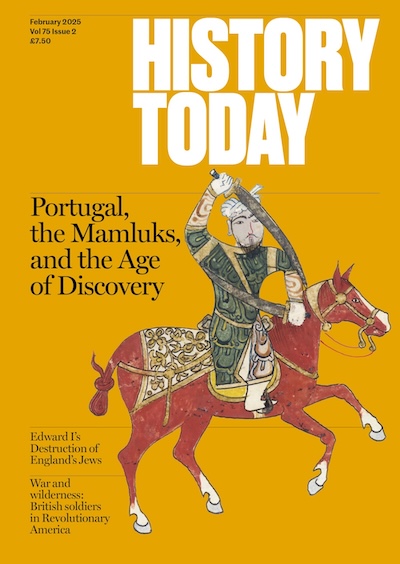Sallust: Censor of a Decadent Age
S. Usher introduces Sallust, himself a disillusioned politician, who envisaged no future greatness for Rome until a single man of vision should have restored the old Republican sense of obligation—the individual's obligation to the state, and the state’s obligation to the world at large.
When, in 49 B.C., Julius Caesar led his provincial army across the river Rubicon into metropolitan Italy, he committed treason against the Roman state. He also appeared to be taking the field against a numerically more powerful foe, thus risking physical extinction instead of the mere end of his political career, which he would have faced if he had returned to Rome as a private citizen. But events proved his judgment to be correct, and the civil war that he precipitated left him master of the Roman world.
Leaving aside the question of whether the burden of war-guilt lay with Caesar or with the twenty-two Senators who tried to ruin his career, the course of the war itself and the reasons that Caesar gave for starting it provide a clear illustration of the trends that dominated Roman politics in his day. I have said that Caesar committed treason; yet as he advanced southwards, men flocked to his standard, and some towns voluntarily expelled their garrisons in order to admit him.





